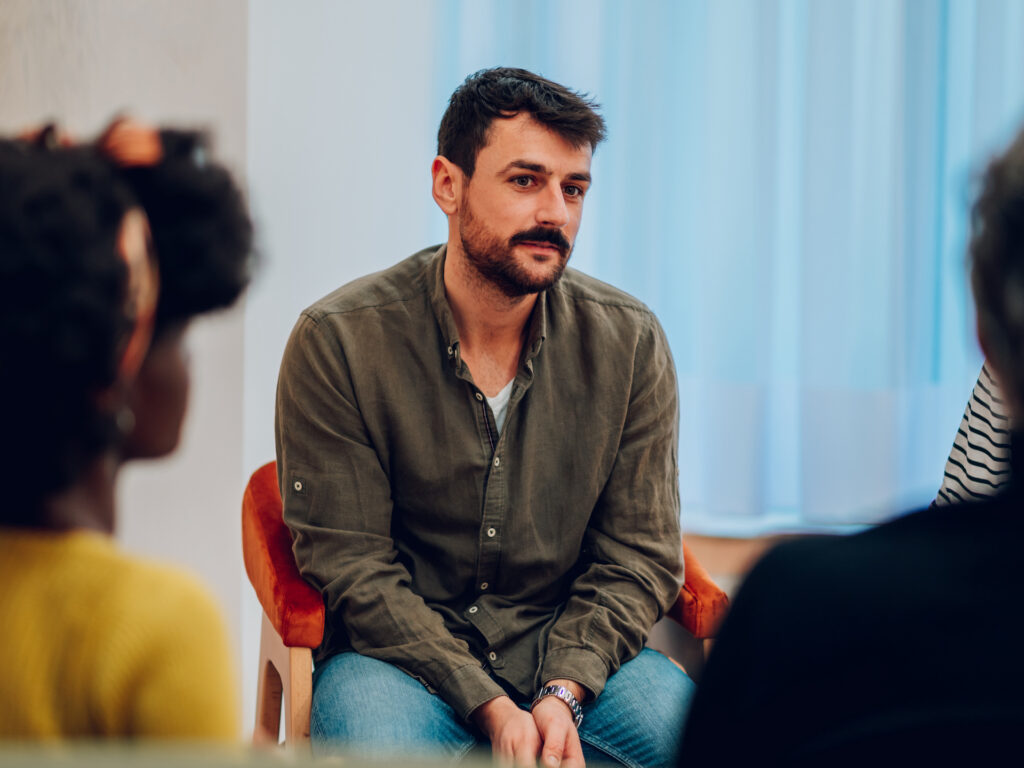In recent years, misinformation, also known as fake news, has gotten a lot of media attention. Certain technology such as social media bots and generative AI has increased the ease of mass-producing content that is not true or trustworthy. What’s more, given the volume of content the average person consumes, it’s simply impossible to verify or fact-check everything we come across.
When it comes to treatment and addiction, misinformation is not just annoying or inconvenient. In fact, misinformation poses several risks for people using drugs and for those seeking treatment. In this article, we look at ways to mitigate the risks of misinformation and harness the power of accurate information for harm reduction, treatment, and recovery.
The Power of Accurate Information For Harm Reduction
Knowledge is power. And in many cases, knowledge can empower individuals to make better decisions when faced with extreme levels of risk.
For example, most Canadians at this point have heard of Fentanyl and its associated risks. Unsurprisingly, many people who use drugs wish to avoid this substance and opt for more familiar substances with which they have previous experience instead. But even drugs like cocaine, crack, ecstasy, meth, and heroin can be cut with fentanyl, carfentanil W-18, or other lethal drugs.

Accurate information can help to mitigate some of these risks. Various drug-checking services are available at many supervised consumption and overdose prevention sites across BC and beyond. These services can test street substances labelled as opioids, stimulants, or other psychoactive drugs to determine what they’re actually composed of.
The BC Centre on Substance Use also publishes reports that summarize the results of drug-checking services. These provide an overview of drugs and contaminants around B.C. but are not meant as a substitute for drug checking. Accurate information is key to keeping people and communities safe. On that note, BC’s Ministry of Mental Health and Addiction has many excellent resources meant to provide accurate information to help individuals and communities mitigate the risks of substance use.
A Science-Based Approach To Treatment And Recovery
At SCHC and GSWC, we come across a lot of media and discussions related to the opioid crisis and substance use. It never ceases to amaze us how much misinformation is out there, and how far some of that misinformation seems to go!
When it comes to addiction and problematic substance use, misinformation can do a lot of harm. It can perpetuate harmful stereotypes, hinder effective treatment strategies, and discourage individuals from seeking evidence-based interventions. For example, one of the misconceptions that we see perpetuated is the idea that substances are the cause of addiction. In our view, this is a very simplistic and defeatist approach to dealing with addiction. We’ve dealt with this idea previously on our YouTube channel:
The idea that substances are the cause of addiction is not only inaccurate but also distracts from the actual and very complex causes of addiction. It diminishes the role of authorship in addiction recovery.
Misinformation Around Withdrawal Management
Another area where we see a lot of misinformation is when it comes to stopping substance use. In particular, the fear of experiencing detoxification and withdrawal symptoms can deter individuals from seeking treatment or taking the initial step toward recovery.
Withdrawal management has evolved substantially in recent times. Nevertheless, media portrayals of withdrawal continue to paint an unrealistic picture of pain and horror that does not reflect the availability of countless effective withdrawal management options and strategies.
On the flip side, ideas that withdrawal is nothing to worry about and that the best way to quit is to simply go cold turkey are also dangerous. It can even be life-threatening in certain cases—in particular in alcohol withdrawal.
Misinformation not only affects individuals seeking treatment but also contributes to the stigmatization of addiction. The perpetuation of myths and nonsense surrounding addiction can lead to shame, isolation, and reluctance for people to disclose their struggles to friends and loved ones.
In short, misinformation has always been an issue. During a time of soaring addiction and overdose rates, being able to access and make use of accurate information is key to supporting individuals and communities. And that’s why we take the approach that we do at our centres.
A Science-Based Approach That Puts People First:
Addressing addiction requires a comprehensive approach that combines leading-edge scientific thought and evidence with a person-centred approach. Our centres prioritize the use of treatments that have demonstrated positive outcomes and are supported by research and evidence. Some of our practices include cognitive behavioural therapy, motivational interviewing, medication-assisted treatment, and peer support groups.

In all our endeavours, our team aims to combat misinformation and provide transparency. We recognize that misinformation can perpetuate harmful stereotypes and hinder individuals from seeking effective treatment options. Conversely, accurate information and evidence-based practices empower individuals to make informed decisions about their recovery journey.
By promoting reliable information, combating misinformation, and prioritizing science-based treatment, we can foster a more compassionate and effective approach to addiction treatment and support individuals in their path toward recovery.
Get In Touch Today
Sunshine Coast Health Centre and Georgia Strait Women’s Clinic are world-class centres for addiction treatment and mental health. We take an approach that recognizes the importance of the physical, psychological, social and spiritual aspects of individuals in treatment and recovery. If you or someone you know is struggling with substance use or mental health, give us a call today.



